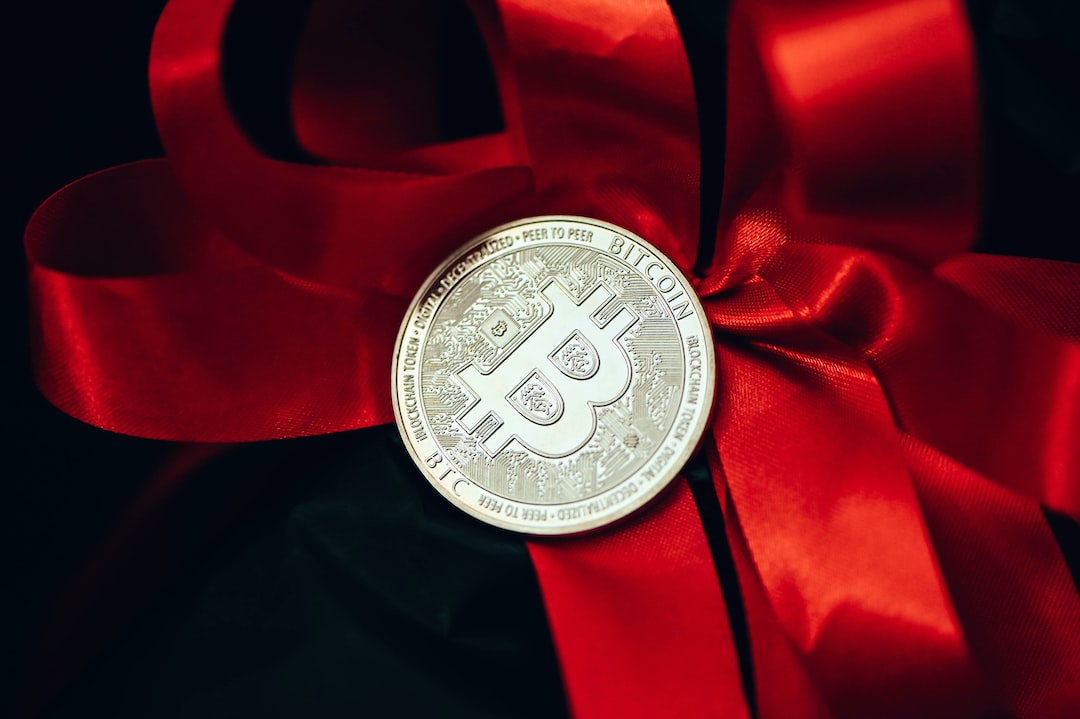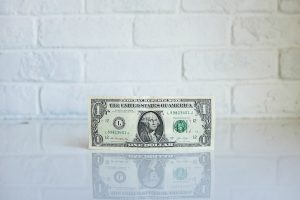The foreign exchange market, also known as forex or FX, is the largest financial market in the world. Forex trading involves the buying and selling of currencies from different countries. The forex market operates 24 hours a day, 5 days a week, and is accessible to anyone with an internet connection. In this article, we will explain how the forex market works and its major players.
The forex market is decentralized, meaning there is no central exchange or clearinghouse. Instead, it is a network of banks, brokers, and traders around the world, all connected electronically. The market operates on a global scale, with trading taking place in different time zones, from Sydney to New York.
Currencies are traded in pairs, with one currency being bought and the other being sold. For example, if a trader wants to buy the euro and sell the US dollar, they would go long EUR/USD. Conversely, if a trader wants to sell the euro and buy the US dollar, they would go short EUR/USD.
The price of a currency pair is determined by supply and demand. When there are more buyers than sellers, the price will go up, and when there are more sellers than buyers, the price will go down. The forex market is highly liquid, meaning that there is always a buyer and a seller for any currency pair.
There are several factors that influence the demand and supply of currencies. Economic data, such as GDP, inflation, and employment, can have a significant impact on a country’s currency. For example, if a country’s economy is growing and its inflation is low, its currency is likely to appreciate. On the other hand, if a country’s economy is in recession and its inflation is high, its currency is likely to depreciate.
In addition to economic data, other factors that can influence currency prices include geopolitical events, central bank policies, and market sentiment. For example, if there is a political crisis in a country, its currency is likely to depreciate. Similarly, if a central bank announces a rate cut, its currency is likely to depreciate.
The forex market is open 24 hours a day, 5 days a week, allowing traders to trade at any time. However, the market is most active during the European and US trading sessions, when the majority of trading takes place. During these sessions, there is typically higher liquidity and volatility, presenting opportunities for traders to profit.
There are several different types of forex market participants, each with their own objectives and strategies. The major players in the forex market include central banks, commercial banks, hedge funds, and retail traders.
Central banks play a significant role in the forex market, as they are responsible for setting monetary policy and maintaining exchange rate stability. Central banks can intervene in the forex market by buying or selling currencies to influence their exchange rates.
Commercial banks are also major players in the forex market, as they facilitate currency transactions for their clients. Commercial banks can profit from forex trading by taking positions in currencies and earning the spread between the buy and sell prices.
Hedge funds are professional investors who use a variety of strategies to profit from currency movements. Hedge funds can take both long and short positions in currencies, and can use leverage to amplify their returns.
Retail traders are individual traders who trade the forex market from home. Retail traders can use leverage to increase their trading capital, allowing them to take larger positions in the market. However, trading forex can be risky, and retail traders should have a solid understanding of the market before investing.
In conclusion, the forex market is a decentralized global market that is accessible to anyone with an internet connection. Currencies are traded in pairs, with the price being determined by supply and demand. The forex market is influenced by economic data, geopolitical events, central bank policies, and market sentiment. Major players in the forex market include central banks, commercial banks, hedge funds, and retail traders. Trading forex can be profitable, but it is important to have a solid understanding of the market and manage risk appropriately.





